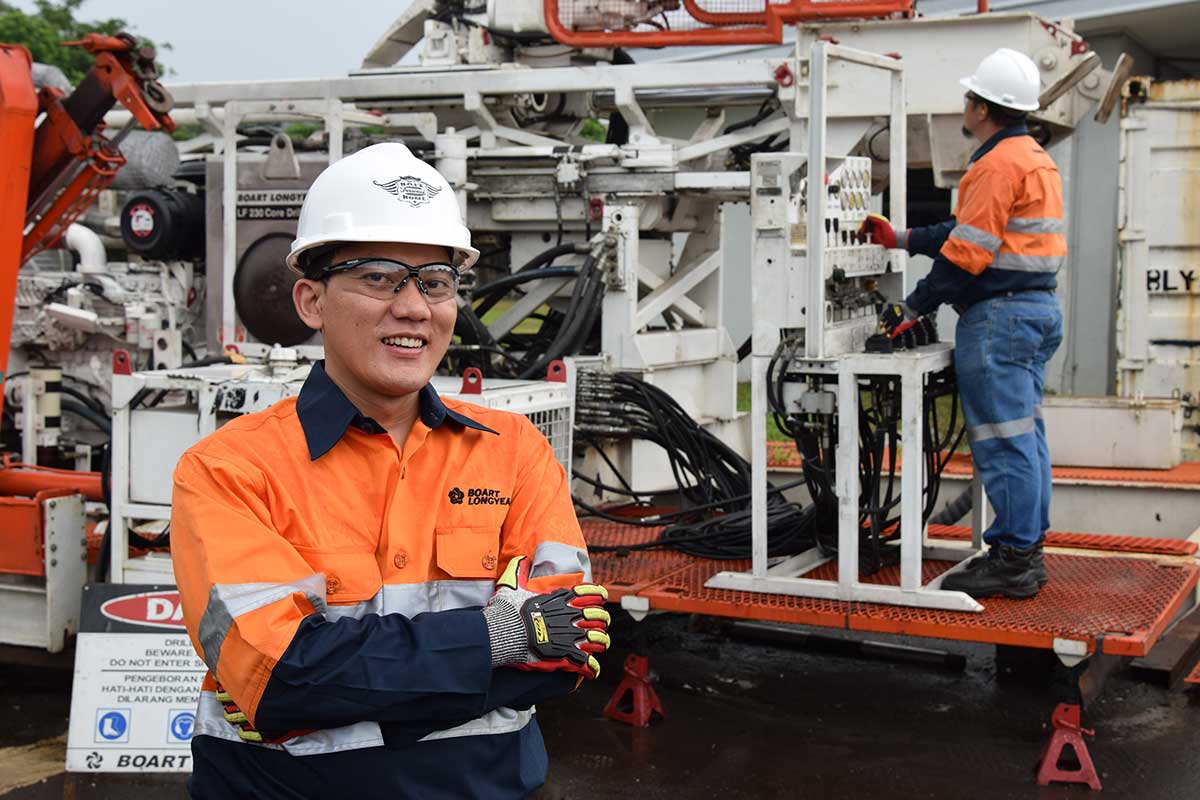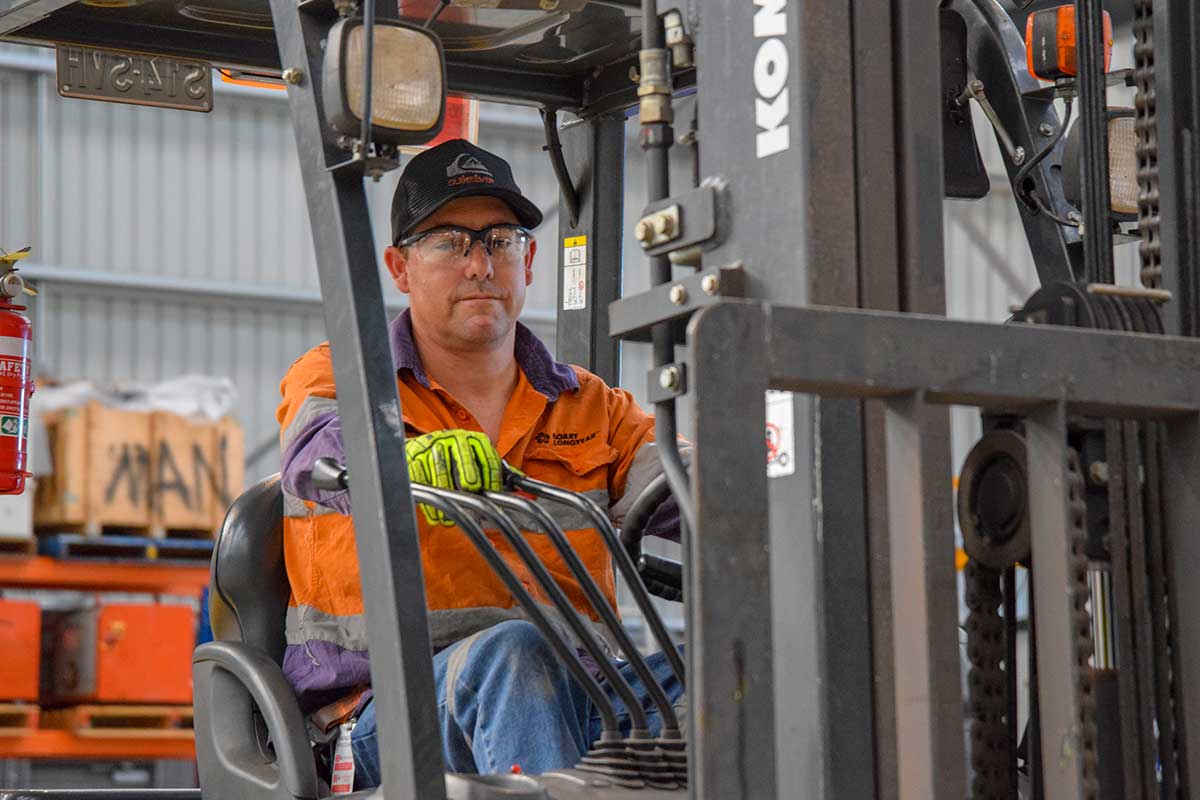SAFETY
March 14, 2018
Get A Grip: Glove policies that make a difference
More and more mining and drilling companies are developing automation technologies to improve employee safety and efficiency. However, there are still plenty of risks for the hard-working hands of employees: pinch points, sharp edges, rotating equipment, chemicals, etc. Hand injuries are still one of the most common, and preventable, injuries.
Hand injuries, along with other injuries, take a toll on an employee’s entire life, not just at work. Cooking dinner, picking up kids, getting dressed or working out are all made exponentially more difficult without the full use of both hands. A simple way to get the full impact of a hand injury is to get dressed with only one hand. Suddenly buttoning buttons, tying shoes, putting on a belt, are much more difficult one-handed.
Along with following safe practices like using a risk assessment prior to any task, using the appropriate work gloves can dramatically reduce hand injuries. However, there are dozens of work gloves to choose from and there are so many different tasks on any given job site and in the workplace.
One solution, designed and developed to help employees select the correct glove for the task, is the Glove Matrix. The Glove Matrix was rolled out as a part of the overarching Mandatory Glove Policy implemented in 2016. The Glove Matrix clearly sets the guidelines for what glove to use and when to use them.
The matrix categorizes gloves for the type of hand protection needed for different tasks, includes a visual example of the glove, and its safety rating. The recommended gloves are based on the internationally recognized CE (European Conformity) EN388 standard. EN388 standard rates each category from 0 to 5 (0 being the lowest rating) as follows:

- Resistance to abrasion: based on the number of cycles required to abrade through the sample glove.
- Blade cut resistance: based on the number of cycles required to cut through the sample at a constant speed.
- Tear resistance: based on the amount of force required to tear the sample.
- Puncture resistance: based on the amount of force required to pierce the sample with a standard sized point.
Clearly marked on the Glove Matrix are categories describing the various types of tasks or activities that gloves are required such as the handling of sharp-edged objects, hazardous substances, or using high impact tools. With each associated column, the Glove Matrix lists the type of hand protection needed, an image of the required glove, an example of a preferred brand, as well as the EN388 rating mandated.
“When we’re talking about controls, as far as Boart Longyear is concerned, we’re putting the best at each level.”

Gloves are just the beginning though, according to Global Environmental, Health, Safety, and Training Director, Brian Maeck, at Boart Longyear. “When we’re talking about controls, as far as Boart Longyear is concerned, we’re putting the best at each level,” says Maeck. He explains that ensuring employees have the best gloves and other PPE items, as well as providing engineering solutions and substitutions for hazardous job or task elements, all contribute to one goal: provide the best for Boart Longyear employees to mitigate the risks.
“We’re working towards hands-free systems,” says Maeck, “That’s the future. Where gloves aren’t even a factor.” Boart Longyear is designing and deploying automated rod handling systems, electronic control systems for drill rigs to keep drillers working at safer distances, and robust training modules to make sure employees learn and implement safe practices in every task. All so that everyone at Boart Longyear can “Make it safe. Make it personal. Make it home.”
BOART LONGYEAR’S MANDATORY GLOVE POLICY: THE GLOVE MATRIX
Download the Glove Matrix to ensure your hands are as safe as possible.
DOWNLOAD
Media Permission: Boart Longyear grants you immediate agency to republish this article. We request that you cite Boart Longyear as the source and provide a link back where appropriate.




